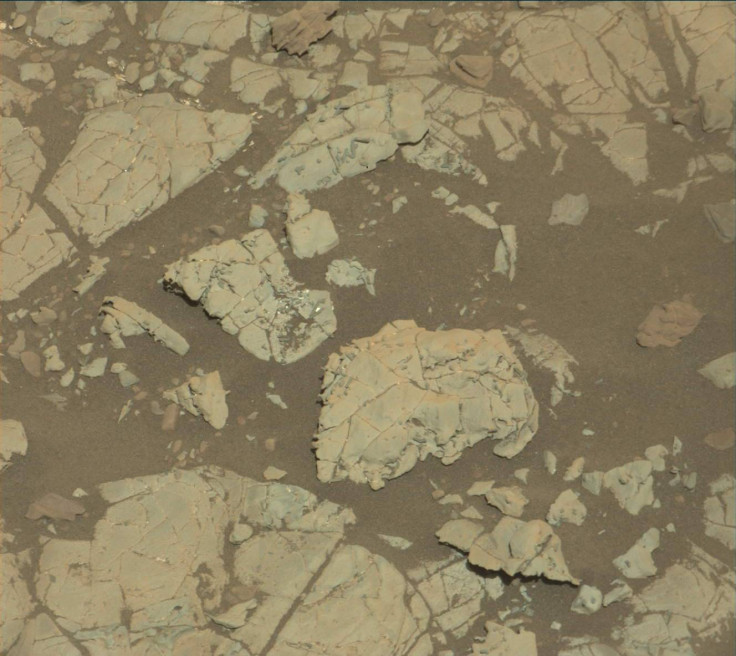Life on Mars: Researchers suggest Martian climate may not be suitable for life
Researchers deny the possibility of alien life on red planet due to extreme low and dry weather, in spite of presence of water.
For decades, scientists continue to argue about the existence of an ancient civilisation on the Martian surface that possibly existed millions of years ago. Unfortunately, a definite answer about alien life on Mars remains a mystery. However, a new study by a group of scientists suggests that water, the key ingredient for living creatures to sustain may exist on Mars, but it may not be suitable for life.
In the past, scientists have discovered liquid brine commonly existing on the Martian surface. Some studies claimed that these salty water pockets may hold answers to the burning question about life on Mars. In an attempt to determine whether this water is suitable to serve as a life source to alien life on the planet, scientists Edgard G. Rivera-Valentin, Vincent F. Chevrier, Alejandro Soto, and German Martinez carried out an experimental study on Martian simulated surface in the University of Arkansas for many years and found out that the water was too cold for life to survive or thrive as we know it on Earth.
"Even extreme life on Earth has its limits, and we found that brine formation from some salts can lead to liquid water over 40% of the Martian surface but only seasonally, during 2% of the Martian year," said Alejandro Soto, a senior research scientist at the Southwest Research Institute, and co-author of the study, according to the news release on Science Daily. "This would preclude life as we know it."
It was found out that due to Mars' low temperature and extremely dry atmosphere, water would evaporate, freeze, or boil instantly making it impossible for life to sustain. As per the report, the findings of the study are considered useful for future exploratory projects on Mars, the researchers say. Such an expedition accompanied by life on Earth could be a challenging endeavor with limitations subjected to water availability on Mars. Also, it reduces the risk of contaminating Mars with terrestrial life sent during the exploratory missions on its surface.
"These new results reduce some of the risks of exploring the Red Planet while also contributing to future work on the potential for habitable conditions on Mars," Soto added.

The study was published in journal Nature Astronomy.
© Copyright IBTimes 2025. All rights reserved.





















